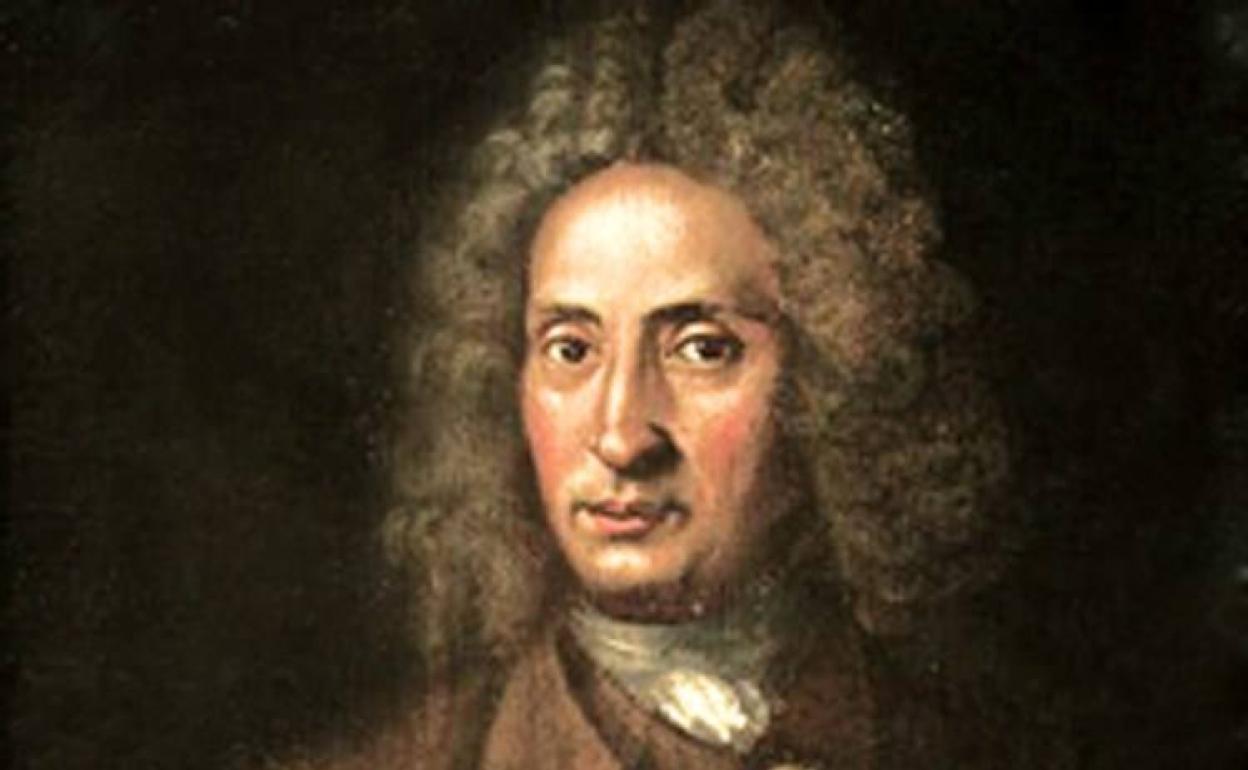Latest Comments
No comments to show.

Tomaso Albinoni – Biography and History
Tomaso Giovanni Albinoni (June 8, 1671 – January 17, 1751) was an Italian Baroque composer renowned for his instrumental music, particularly his concertos, sonatas, and[…]

10 Fascinating Facts about Tomaso Albinoni
Tomaso Albinoni was an Italian composer who left an indelible mark on the Baroque music landscape of the 17th and 18th centuries. Born on June[…]
© 2025 Top Classical Music. Created with ❤ using WordPress and Kubio